Masire’s family and friends thought she was mad to sell, but she was having none of it. “People don’t like change,” she says. “But I do. Monotony is not good for the mind.” Besides, she had a new business plan up her sleeve: Greenhouse Technologies. Acknowledging that she knew little about vegetable farming, Masire’s first move was to hire a horticulturist and an irrigation specialist. She could afford to pay the university graduates only a basic salary, but she urged them to “make their money by going the extra mile.”
They did just that. By helping aspiring farmers with cropping plans, soil tests and calculating borehole yields, she was able to unlock millions of pula in grant money that had been going unclaimed, while also greatly contributing to the prosperity and self-sufficiency of Botswana and its people.
Amanda Aminah Masire says monotony is no good for the mind.
A few happy customers later and she’d caught the attention of the Ministry of Agriculture, which she is now partnering with on a training farm on the company premises on the outskirts of Gaborone, Botswana’s capital city. The farm is already fully functional (the crops provide a nifty additional revenue stream), and builders are putting the finishing touches on the classrooms. Masire and her team are set to run the first of many government-sponsored, five-day introductory horticulture courses as soon as next month.
It comes amid a nationwide push for food independence. Other initiatives in the land-rich but water-poor nation include the rollout of gray-water treatment plants and a clampdown on importing crops that Botswana is able to produce. The proportion of Botswana’s food produced locally jumped from 20 percent in 2013-14 to 60 percent in 2017–18, according to the Ministry of Agriculture.
But there’s still a long way to go. Galeitsewe Ramokapane, the ministry’s director of crop production, told a horticultural meeting recently, “We cannot produce enough because we have alternatives, as we are depending on our brothers and sisters in South Africa.” (In an interview, Ramokapane wouldn’t single out Greenhouse Technologies, only saying several firms have been working on this.)
By Masire’s own admission, her quest to educate Botswanans about modern farming practices has not been easy. “As my [company] name suggests, I started out wanting to sell greenhouses,” she explains, but eight years down the line her biggest sellers remain drip irrigation and shade cloth. “Greenhouse technology is the Rolls-Royce of horticulture,” she explains, but Botswana is still driving Toyotas. Not that she’s going to let their choice of ride get her down. “I started with the end in mind.”
Sourced through Scoop.it from: www.ozy.com

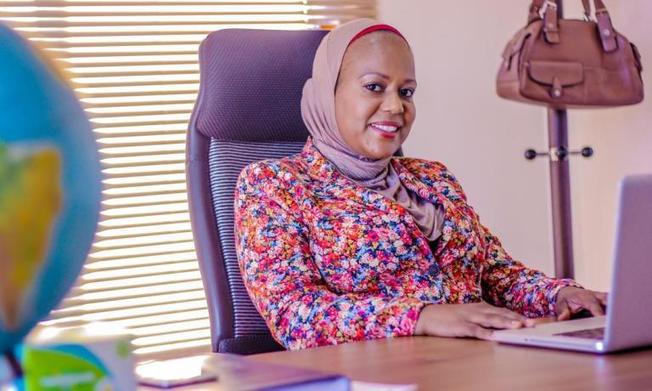

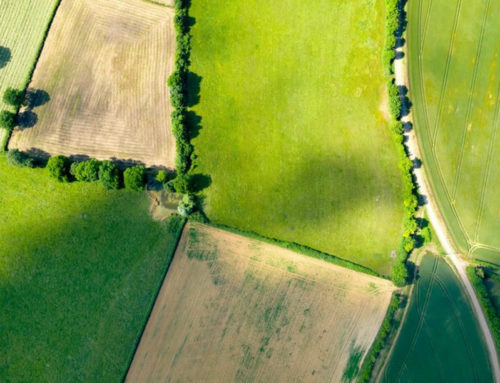
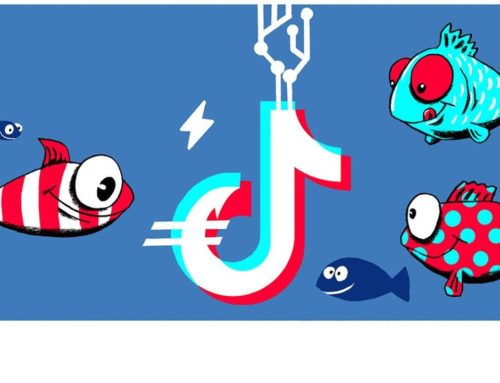
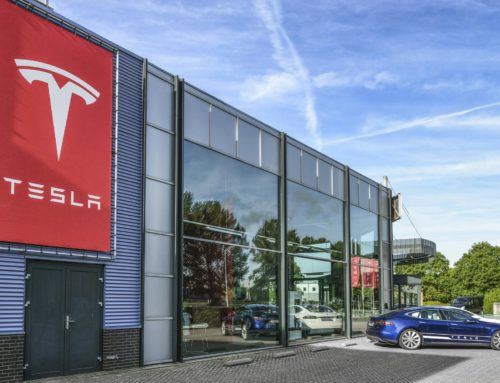
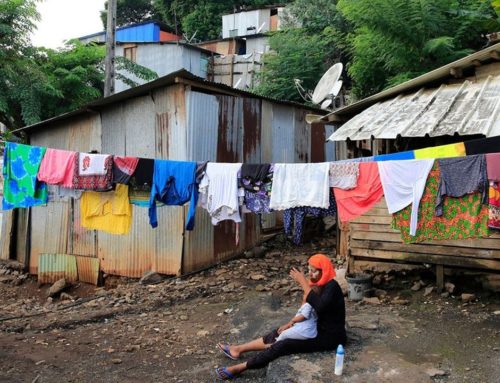
Leave A Comment